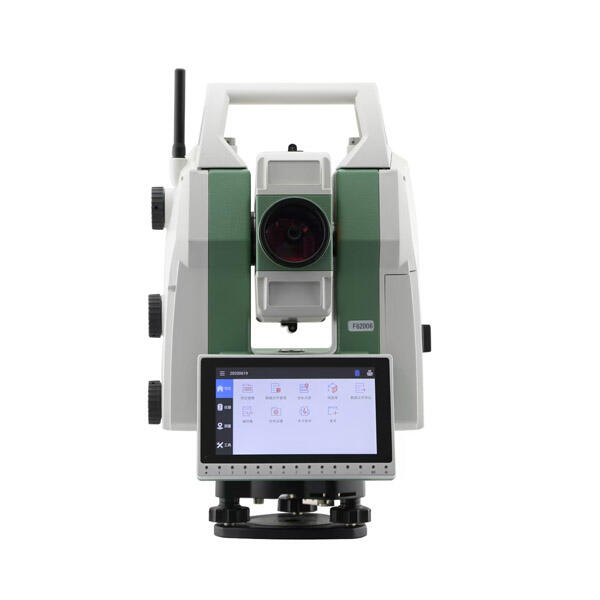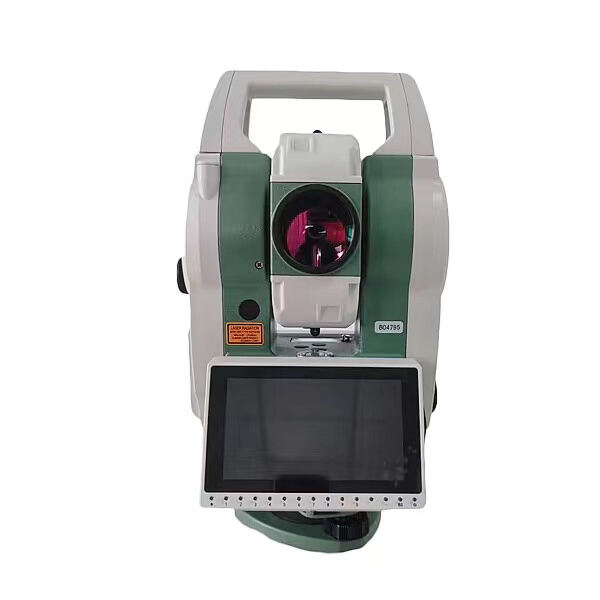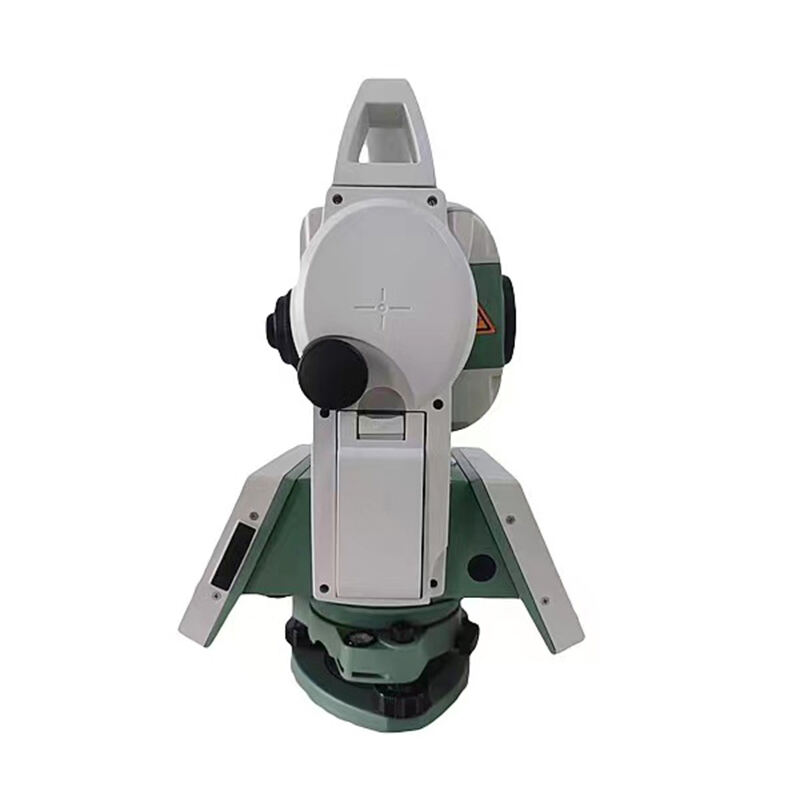total station surveying instrument
A total station surveying instrument represents a revolutionary advancement in modern surveying technology, combining electronic distance measurement with angular measurement capabilities in a single, integrated system. This sophisticated device incorporates electronic theodolite functionality with an electronic distance meter (EDM), enabling surveyors to determine both horizontal and vertical angles, as well as slope distances from a single setup position. The instrument features a microprocessor, electronic data collector, and storage system, allowing for immediate data processing and recording in the field. Modern total stations are equipped with advanced features such as automatic target recognition, remote control capabilities, and integrated GPS technology. These instruments can measure distances with millimeter-level accuracy and angles with precision down to one second of arc. The device operates by emitting infrared electromagnetic waves to a target prism or reflective surface, measuring the time taken for the signal to return, and calculating the distance. Total stations find extensive applications in construction layout, topographic mapping, road design, building construction, and infrastructure development projects. They excel in situations requiring precise measurements and are particularly valuable in challenging environments where traditional surveying methods might prove inadequate or time-consuming.


